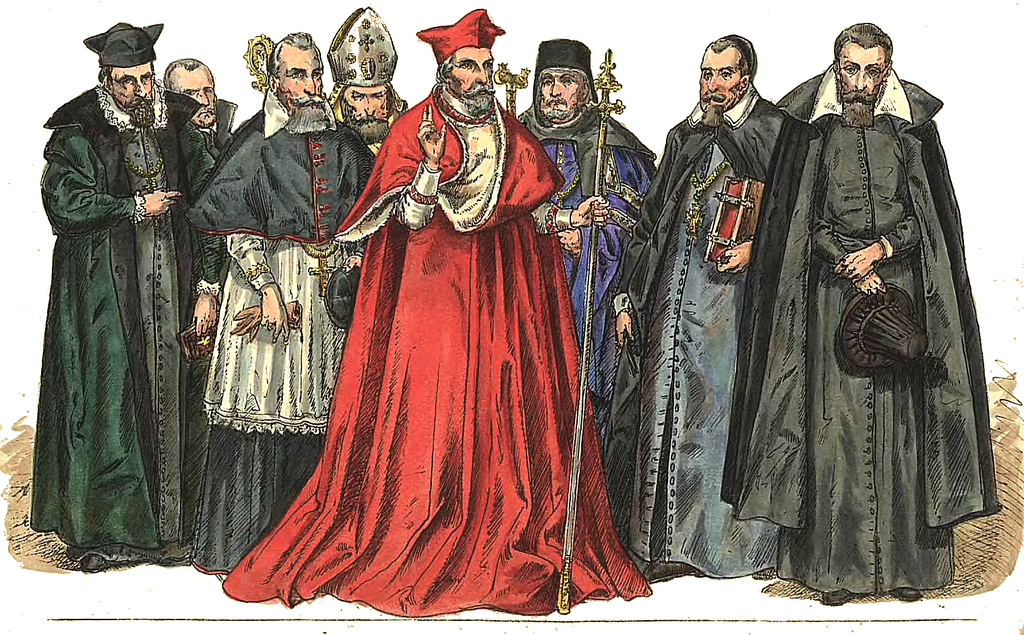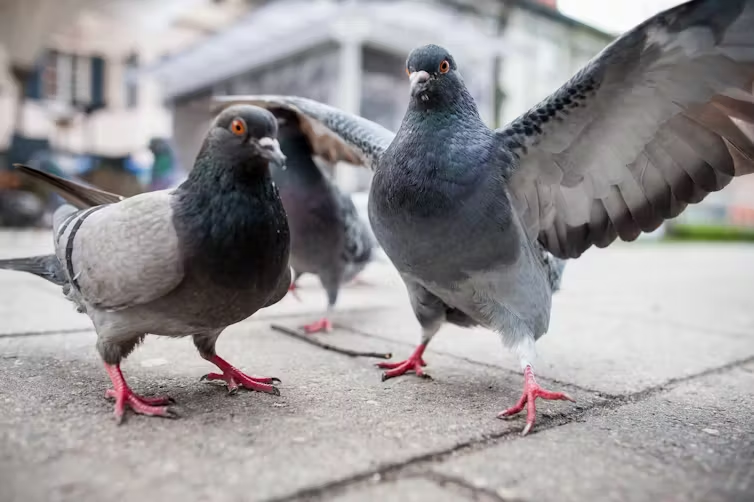Stamp: Pope Francis Memorial (Argentina 2025)
Pope Francis Memorial (Argentina 2025)
16 May (Argentina ) within release Pope Francis Memorial goes into circulation Stamp Pope Francis Memorial face value 4,500 Argentine peso
| Stamp Pope Francis Memorial in catalogues | |
|---|---|
| Colnect codes: | Col: AR 2025.05.15-01 |
Stamp is vertical format.
Stamp Pope Francis Memorial it reflects the thematic directions:
Animals are multicellular, eukaryotic organisms of the kingdom Animalia (also called Metazoa). All animals are motile, meaning they can move spontaneously and independently, at some point in their lives. Their body plan eventually becomes fixed as they develop, although some undergo a process of metamorphosis later on in their lives. All animals are heterotrophs: they must ingest other organisms or their products for sustenance.
Birds (Aves), a subgroup of Reptiles, are the last living examples of Dinosaurs. They are a group of endothermic vertebrates, characterised by feathers, toothless beaked jaws, the laying of hard-shelled eggs, a high metabolic rate, a four-chambered heart, and a strong yet lightweight skeleton. Birds live worldwide and range in size from the 5 cm (2 in) bee hummingbird to the 2.75 m (9 ft) ostrich. They rank as the class of tetrapods with the most living species, at approximately ten thousand, with more than half of these being passerines, sometimes known as perching birds. Birds are the closest living relatives of crocodilians.
Clergy are formal leaders within established religions. Their roles and functions vary in different religious traditions, but usually involve presiding over specific rituals and teaching their religion's doctrines and practices. Some of the terms used for individual clergy are clergyman, clergywoman, clergyperson, churchman, cleric, ecclesiastic, and vicegerent while clerk in holy orders has a long history but is rarely used
Famous People refers to the fame and public attention accorded by the mass media to individuals or groups or, occasionally, animals, but is usually applied to the persons or groups of people (celebrity couples, families, etc.) themselves who receive such a status of fame and attention. Celebrity status is often associated with wealth (commonly referred to as fame and fortune), while fame often provides opportunities to make money.
Columbidae (/kəˈlʌmbɪdiː/ kə-LUM-bih-dee) is a bird family consisting of doves and pigeons. It is the only family in the order Columbiformes. These are stout-bodied birds with short necks and short slender bills that in some species feature fleshy ceres. They primarily feed on plants, and can be taxonomically divided amongst granivores, that feed mostly on the ground on seeds, and frugivores, that feed mostly on fruits, from branches. The family occurs worldwide, often in close proximity with humans, but the greatest variety is in the Indomalayan and Australasian realms.
The pope (Latin: papa, from Ancient Greek: πάππας, romanized: páppas, lit. 'father') is the bishop of Rome and the visible head[a] of the worldwide Catholic Church. He is also known as the supreme pontiff, Roman pontiff, or sovereign pontiff. From the eighth century until 1870, the pope was the sovereign or head of state of the Papal States, and since 1929 of the much smaller Vatican City state.From a Catholic viewpoint, the primacy of the bishop of Rome is largely derived from his role as the apostolic successor to Saint Peter, to whom primacy was conferred by Jesus, who gave Peter the Keys of Heaven and the powers of "binding and loosing", naming him as the "rock" upon which the Church would be built. The reigning pope is Francis, who was elected on 13 March 2013.
Religion is any cultural system of designated behaviors and practices, world views, texts, sanctified places, ethics, or organizations, that relate humanity to the supernatural or transcendental. Religions relate humanity to what anthropologist Clifford Geertz has referred to as a cosmic "order of existence". Different religions may or may not contain various elements ranging from the "divine", "sacred things", "faith", a "supernatural being or supernatural beings" or "some sort of ultimacy and transcendence that will provide norms and power for the rest of life". Religious practices may include rituals, sermons, commemoration or veneration (of deities), sacrifices, festivals, feasts, trances, initiations, funerary services, matrimonial services, meditation, prayer, music, art, dance, public service, or other aspects of human culture. Religions have sacred histories and narratives, which may be preserved in sacred scriptures, and symbols and holy places, that aim mostly to give a meaning to life. Religions may contain symbolic stories, which are sometimes said by followers to be true, that have the side purpose of explaining the origin of life, the Universe and other things. Traditionally, faith, in addition to reason, has been considered a source of religious beliefs. There are an estimated 10,000 distinct religions worldwide. About 84% of the world's population is affiliated with one of the five largest religions, namely Christianity, Islam, Hinduism, Buddhism or forms of folk religion.






